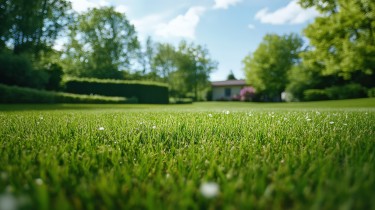

Discover the Secret to a Lush and Healthy Lawn
Read More ›
Blog
How to spot them… and what to do about them!
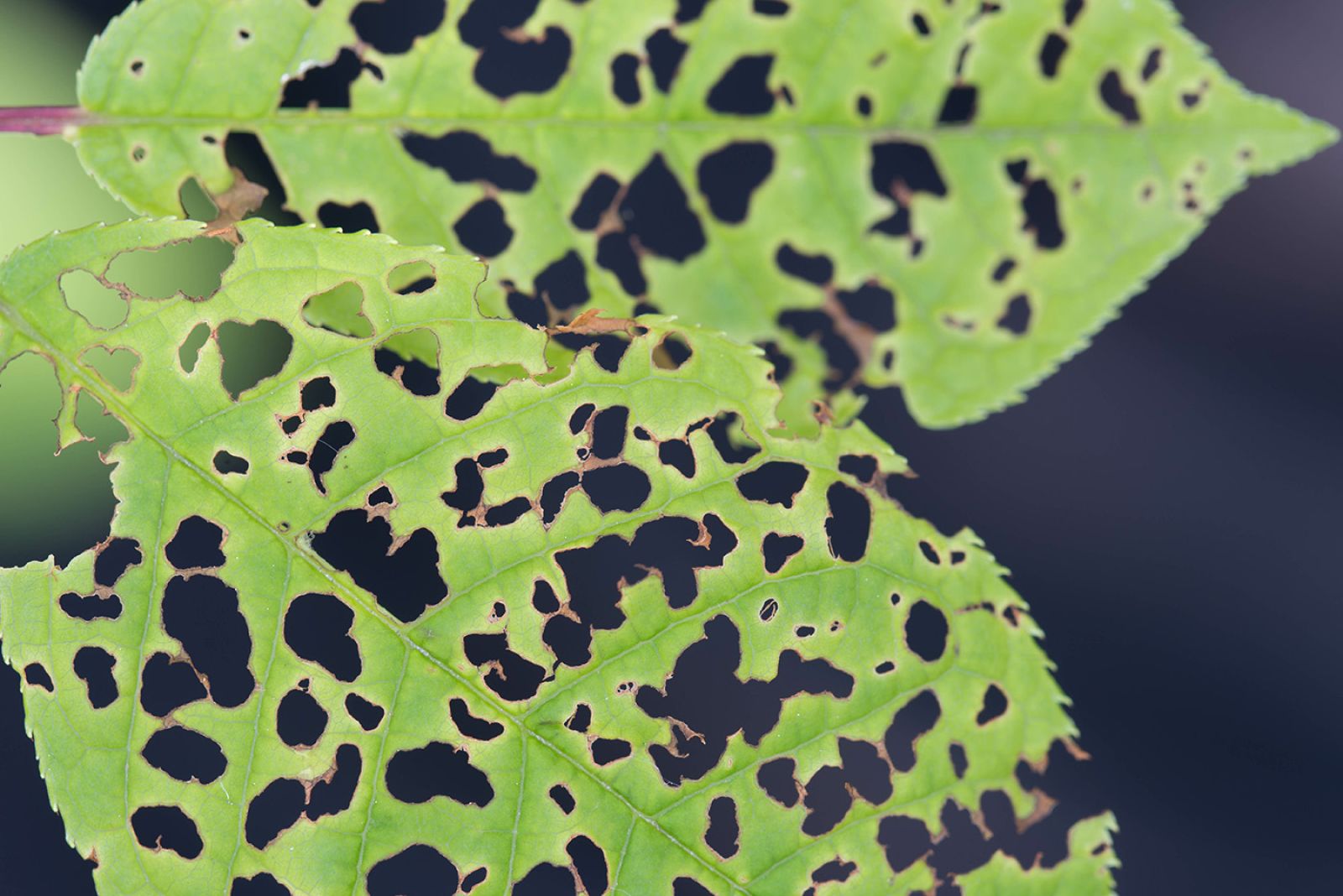
But don’t despair… in this post, we’re going to take a deep dive into the more common lawn and garden pests found in Northern Virginia. We’ll discuss the signs of an infestation so you’ll know what to look for, and provide practical solutions for getting rid of these pesky creatures. Let’s get started!
There are several common lawn and garden pests that can be found in Northern Virginia, including Japanese beetles, grubs, and armyworms. Here’s how you can identify them, some chemical and organic solutions for getting rid of them — and how to prevent them from invading your lawn and gardens in the first place.
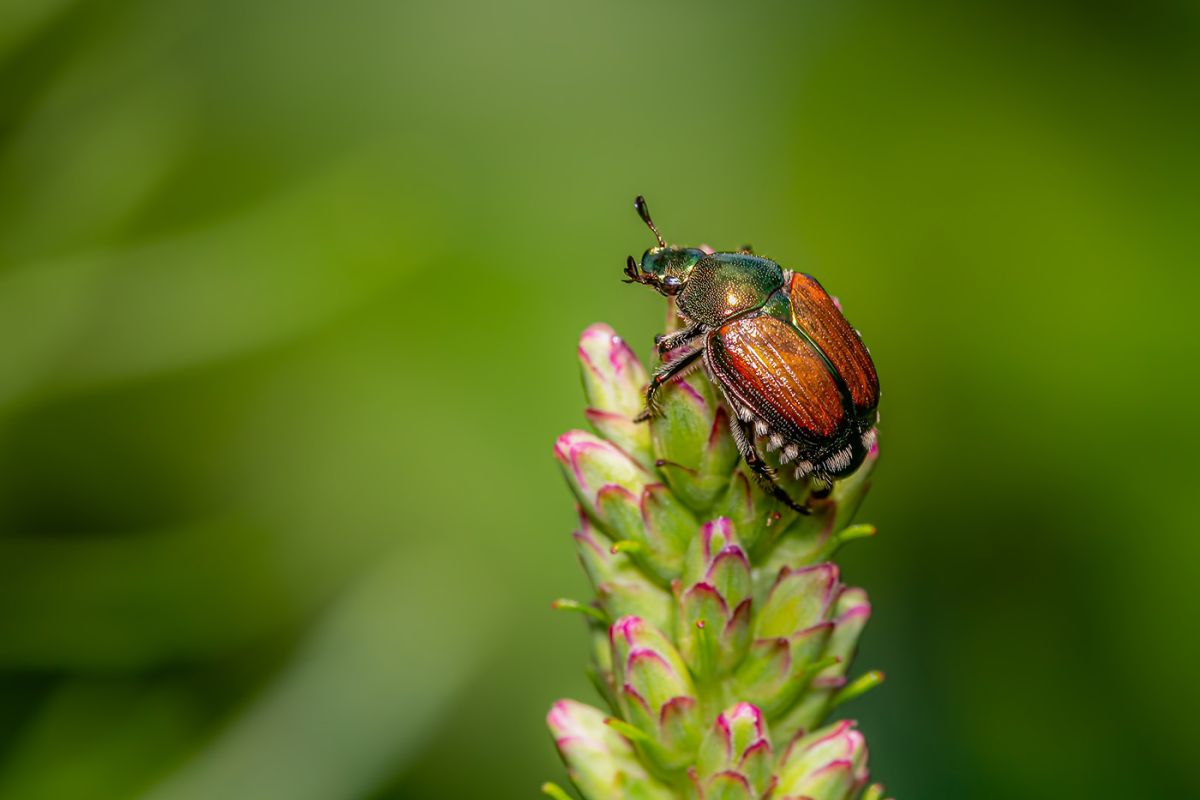
Japanese beetles — These shiny, metallic green beetles have no natural predators in the United States and can cause significant damage to your lawn as well as your gardens, particularly in the larval stage. Here are the signs to watch for:
If you suspect that you have a Japanese beetle infestation, it's important to take action quickly to prevent further damage.
You can use chemical insecticides like carbaryl or pyrethroids, or organic solutions like neem oil or insecticidal soap to get rid of the beetles. Apply these treatments in mid-to-late July when adult beetles are active, spraying in the morning or late afternoon for optimal control.
In a garden, you can also try using physical barriers like row covers or netting to keep the beetles away from your plants.
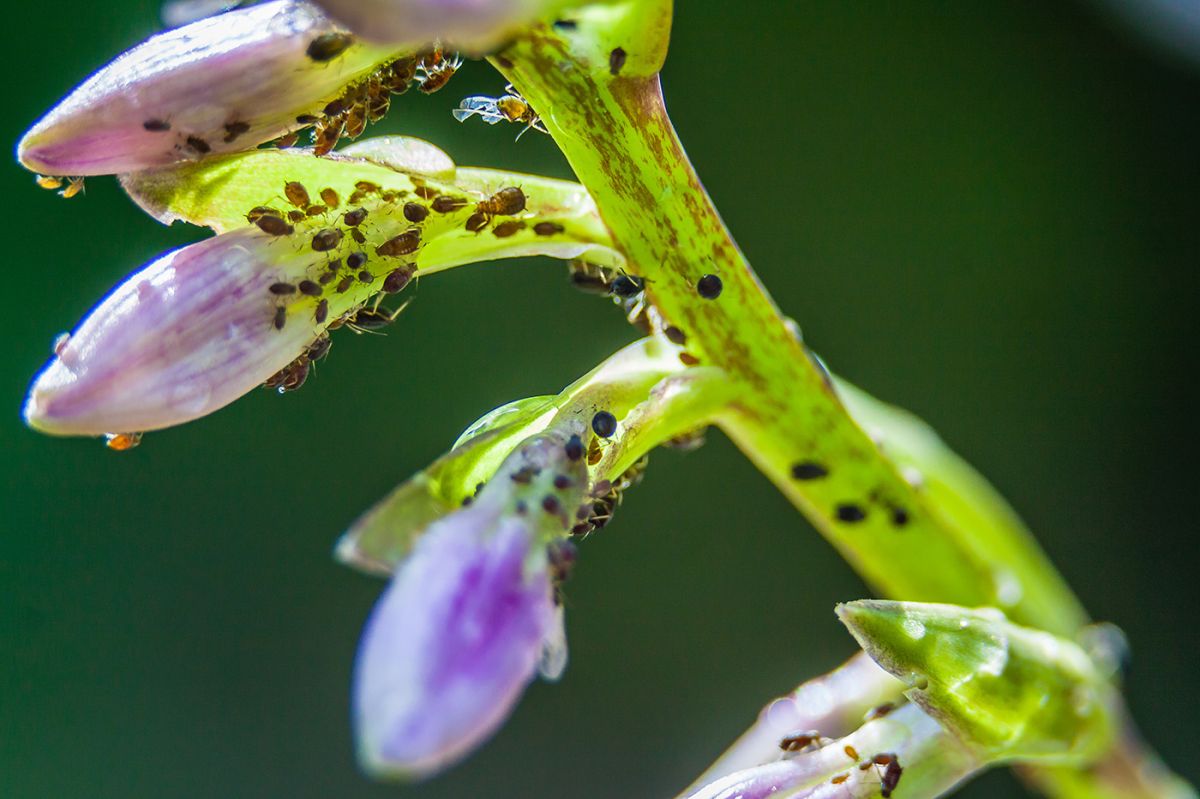
Aphids — These small, soft-bodied insects suck sap from plants, causing curling or yellowing leaves, stunted growth and weakened plants.
While low to moderate numbers of leaf-feeding aphids aren't usually damaging to healthy plants, affected leaves can become unsightly.
Controlling aphids is relatively easy — small numbers can be crushed by hand or removed by pruning and spraying the aphids with soap and water will eventually kill them. You can also introduce beneficial insects like ladybugs or lacewings to your garden to feed on the aphids and help control the population.

Armyworms — A member of the cutworm family, these harmful critters travel en masse and devour everything in their path, so it’s important to be vigilant and watch for signs of an infestation.
Early detection of these destructive pests is essential if you want to keep them from destroying your lawn and gardens — in fact, they’re so destructive, we wrote an entire post about them! Insecticides and biological control methods can be effective in controlling armyworms, and we’ve added Acelepryn® treatment to our lawn and garden care program to control these pesky critters.
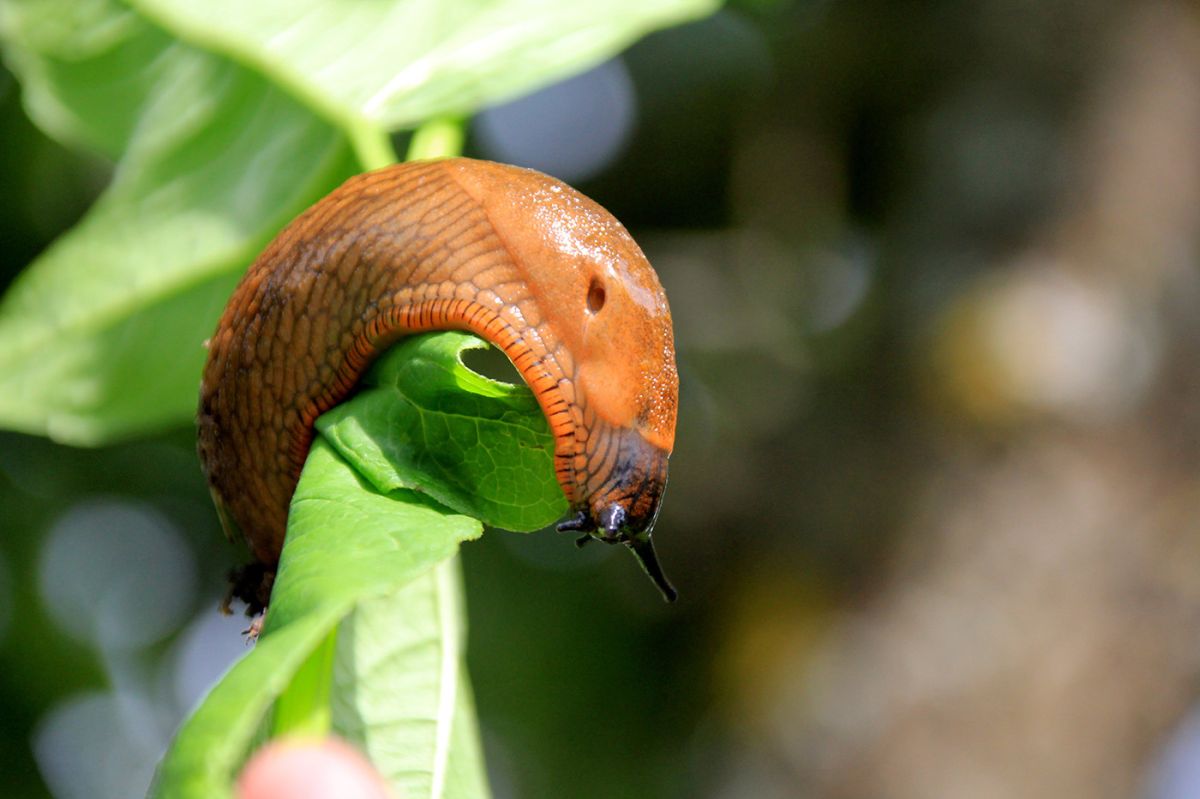
Slugs and Snails — These slimy creatures munch on leaves and flowers, leaving holes and slime trails behind. To get rid of slugs and snails, you can use chemical baits containing metaldehyde, or organic solutions like diatomaceous earth or copper tape. You can also try handpicking the slugs and snails and disposing of them manually.

When using chemical insecticides, be sure to follow the manufacturer's instructions carefully and use protective gear like gloves and a mask to avoid exposure to the chemicals. Organic solutions may require more frequent applications than chemical insecticides, but they are generally safer for the environment and for beneficial insects like bees and butterflies.
Also, make sure to keep your children and pets away from chemically treated lawns and gardens.
Prevention is always easier than cure… and better for the environment. It's important to maintain healthy lawn and garden practices, such as proper watering, fertilization and keeping your garden clean and free of debris to reduce the habitat for pests. It’s also a good idea to check your plants regularly and watch for signs that trouble may be brewing — something our crew does routinely while maintaining our clients’ properties.
If you suspect an infestation and need some help — or you want to start a lawn and garden program to keep your lawn and gardens healthy — book a free consultation with us. Tell us about your property and the issues you’re facing and our lawn & garden specialists will explain your options.
Written by Brandon Rushing, Founder & President
Posted on: April 25th, 2023